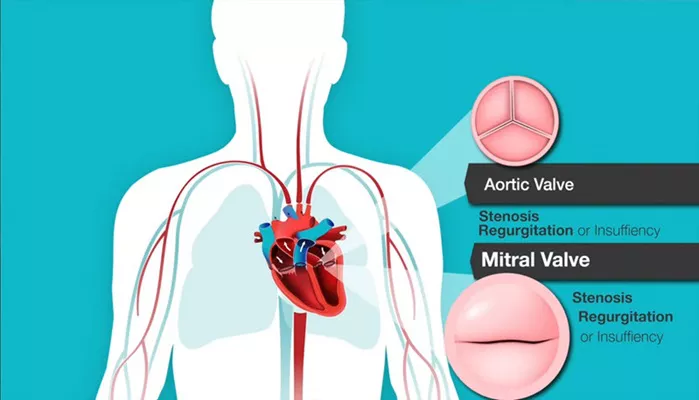Researchers at NYU Langone Health are tackling the complex relationship between heart failure (HF) and cancer, as highlighted in a new scientific statement released by the Heart Failure Society of America. This statement emphasizes the shared mechanisms that contribute to both conditions, indicating that patients with cancer are more likely to develop heart failure, while those with heart failure face a higher risk of cancer. The findings were published on October 15 in the Journal of Cardiac Failure.
Dr. Michelle Bloom, director of the Cardio-Oncology Program at NYU Langone Heart and a professor at NYU Grossman School of Medicine, spearheaded this initiative. She stressed the importance of understanding cardiac toxicities, including heart failure, as cancer treatments evolve. “We are only scratching the surface in the expanding field of cancer therapeutics,” Dr. Bloom said. “Understanding the full spectrum of cardiac toxicities is essential for maximizing treatment benefits and safeguarding patient heart health.”
The statement calls for a multidisciplinary approach to managing heart failure in cancer patients. It highlights the need for collaboration between cardiologists and oncologists to improve patient outcomes and address disparities in care.
Key points from the statement include:
Shared Mechanisms: Heart failure and cancer have common pathophysiological mechanisms that influence their development and progression.
Increased Risks: Cancer patients are more susceptible to developing heart failure, while those with heart failure are at an elevated risk for cancer.
Standardized Protocols: There is a lack of standardized cardiac imaging recommendations for most cancer therapies, leading to inconsistent clinical practices.
Permissive Cardiotoxicity: This emerging concept allows for some cardiac toxicity during lifesaving cancer treatments while implementing cardioprotective strategies.
Heart Failure with Preserved Ejection Fraction (HFpEF): This condition is often overlooked in cancer therapy-related cardiac toxicity and can arise from various treatments.
Cardiogenic Shock: This severe condition can result from several factors, including left ventricular dysfunction due to cancer therapies.
Durable Left Ventricular Assist Devices (LVADs): These devices can be effective for patients with stage D heart failure caused by chemotherapy-induced cardiomyopathy.
Risk Assessments for Transplantation: Individualized evaluations are necessary for candidates with a history of cancer to determine their eligibility for heart transplantation.
Urgent Treatment for Myocarditis: Immune checkpoint inhibitor-associated myocarditis should be treated promptly due to its severe nature and high mortality risk.
Palliative Care Integration: Early involvement of palliative care is crucial to enhance quality of life for patients facing both cancer and heart failure.
Dr. Bloom hopes this document will serve as a vital resource for healthcare providers in cardio-oncology. In conjunction with the statement, two supplemental articles were also published, focusing on specific aspects of heart failure in cancer patients.
This comprehensive approach aims to ensure that patients receive coordinated care that addresses both their cardiac health and cancer treatment needs effectively.
Related topics:
- Alex Salmond’s Cause of Death Confirmed as Heart Attack
- Semaglutide Shows Promise for Heart Health And Weight Loss in Obese Patients, Despite Side Effects
- NASA’s Innovative Health Technology Helps Prevent Heart Failure

